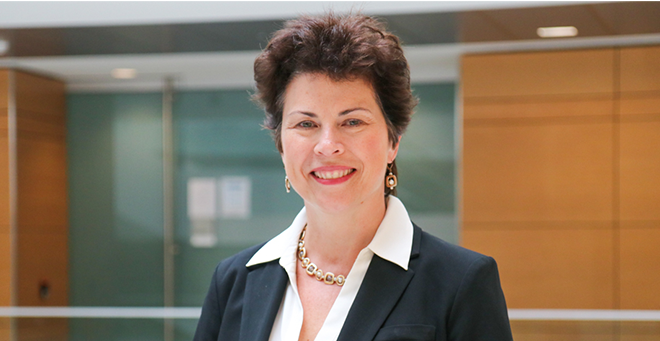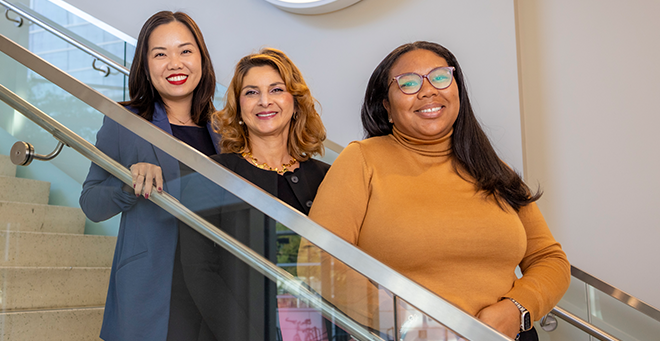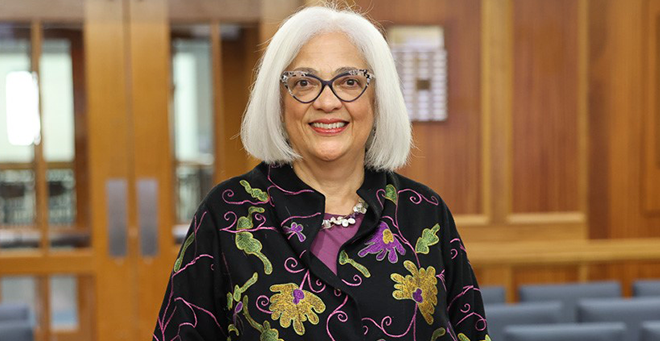
UMass Chan Medical School and UC Davis School of Medicine have received a two-year American Medical Association ChangeMedEd Equity, Diversity and Belonging grant to enact socially conscious admissions reform at UMass Chan and create a toolkit for other medical schools to emulate.
Tracy Kedian, MD’96, associate dean of admissions and professor of family medicine & community health, is working with colleagues at UC Davis School of Medicine, including Charlene Green, PsyD, assistant dean of admissions, outreach and diversity, and the principal investigator on the grant; Shadi Aminololama-Shakeri, MD, admissions committee chair, professor of radiology and co-principal investigator; and Melody L. Tran-Reina, MD, executive director of community health scholars programs and assistant health sciences clinical professor.
UC Davis School of Medicine, which has operated under California’s mandate prohibiting race-based admissions since 1996, is one of the most racially and ethnically diverse medical schools in the country according to U.S. News and World Report. The school has diversified its applicant pool through a socioeconomic disadvantage scale tool called the UC Davis Scale, the results of which were published in The New York Times last year, three days after the U.S. Supreme Court determined race-conscious admissions were unconstitutional.
“This is valuable intellectual property here, but sharing it is important because it’s the right thing to do,” said Dr. Green. “This isn’t about UC Davis or UMass Chan. This is about how we change the landscape of medicine to meet patients’ needs.”

“Having physicians and health care providers look more like the community they serve, in terms of common language, cultural background and physical appearance, leads to higher patient satisfaction outcomes,” Dr. Kedian said. “How do we identify students who may not be from privileged backgrounds and overcome a disadvantage that goes back 20 years in this person’s life? The bigger answer to that involves pre-med pathway programs.”
“If we build it, they will come,” added Dr. Tran-Reina, who serves as executive director of several of UC Davis’s post matriculation pathway programs. “In two years since UC Davis started the Tribal Health Prime program, we’ve more than doubled the number of Alaska Native and American Indian students. People want to be part of programs and pathways where they feel supported.”
The AMA grant’s $60,000 budget will fund the creation of a toolkit; support trainee engagement (current and postgraduate medical students); enable meetings, workshops, or focus groups with faculty, students, and administrators to gather input and build consensus on reform goals; and fund travel and surveys.
“Tracy and her team showcased real interest in systemically embedding mission alignment into UMass Chan’s process,” said Green. “When you’re trying to make systemic changes, everybody has to be on board, and she has that support.”
“When I went to UMass as a medical student, I went because it was my state’s institution, it was public, had a good reputation, and it was really affordable,” said Kedian. “I feel proud to be involved in leadership, helping to make decisions and transform admissions. My goal is to matriculate the most talented future doctors who will provide the best advantage to the most disadvantaged members of our community.”

